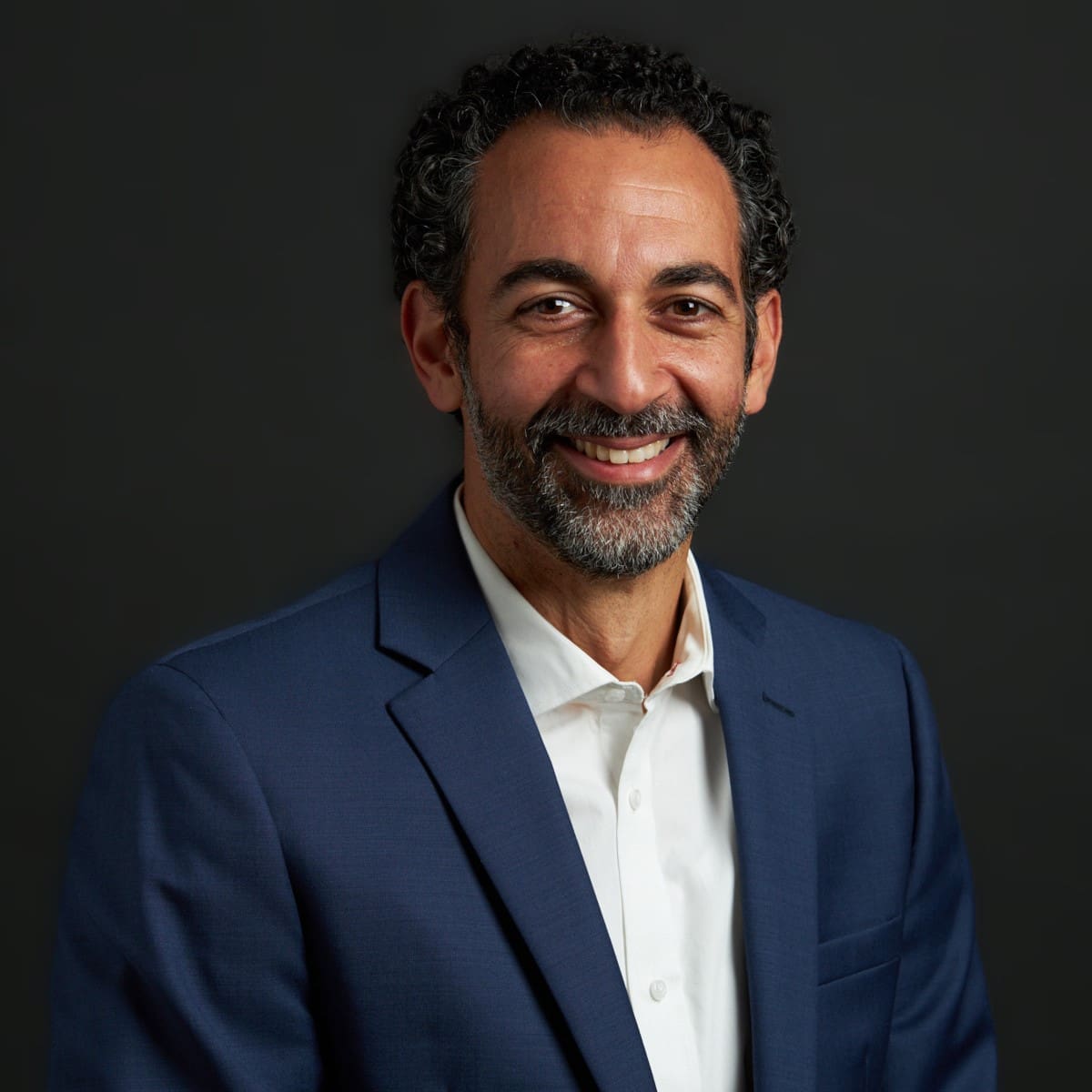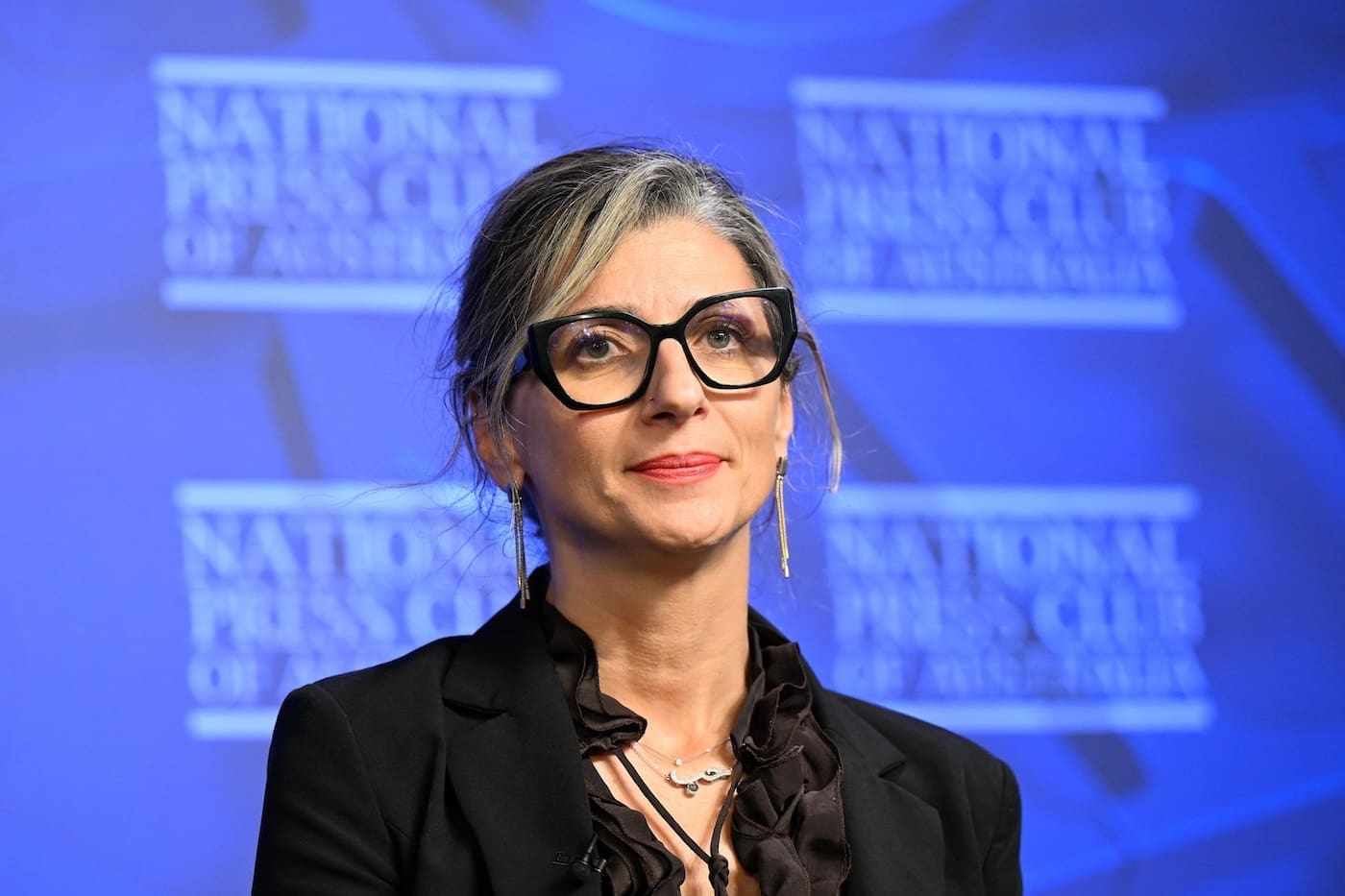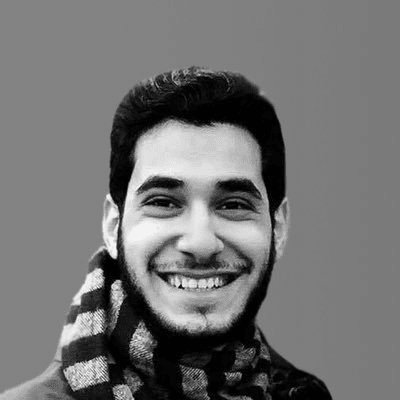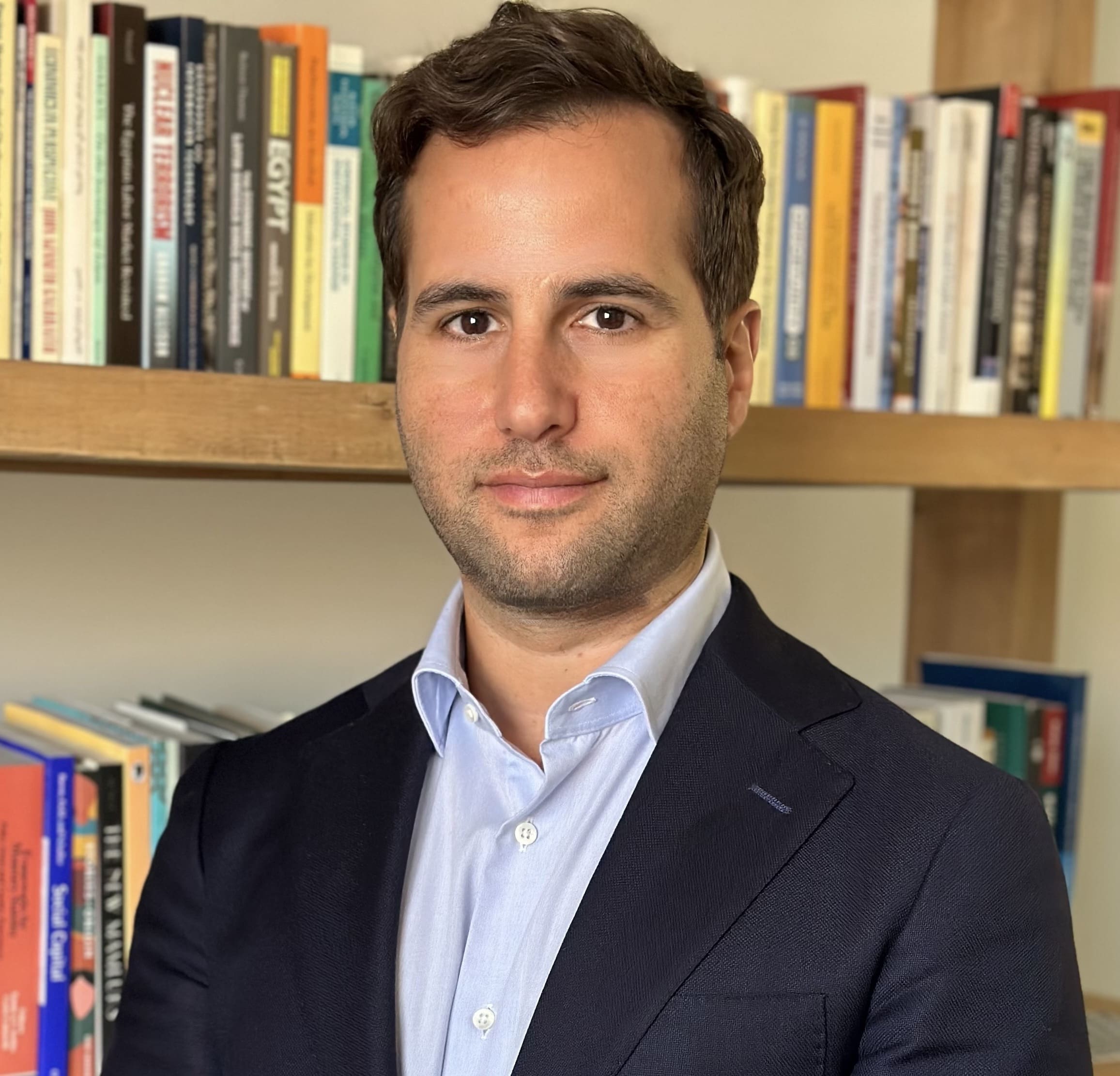The Gaza Genocide and the Erosion of Global Order
February 25, 2025
Summary
Over the past 16 months, the international system has struggled to cope with the far-reaching consequences of Israel’s destruction of Gaza, which has shaken the very foundations of international law and the so-called rules-based order. This genocide has brought pressing issues of international responsibility, accountability, and justice into sharp focus, as well as the deteriorating political and humanitarian situation in Palestine. Since taking office one month ago, U.S. President Donald Trump has magnified this crisis by issuing bewildering proposals for Gaza’s future that run counter to any recognizable law or the international system as it has been understood in the post-World War II era.
In this context, the Middle East Council on Global Affairs convened a panel of experts to examine the Gaza crisis’ impact on Palestine and the world at large. The discussion addressed critical questions raised by the crisis: What are the implications of Trump’s statements, and how does international law shape the feasibility of this proposed plan? What mechanisms can ensure accountability for violations of international law? Without accountability, what does the “day after” look like for Palestinians? What future lies ahead for Palestinian self-determination in such a volatile environment? How has the war on Gaza impacted the integrity and credibility of the international system in conflict prevention and resolution? Has Israel’s genocide irreparably weakened the rule of law? What are the broader implications for relations between Israel, the United States, the Middle East, and the Global South?
Moderator: Ahmed Morsy, Visiting Fellow
Speakers:
- Francesca Albanese, UN Special Rapporteur on human rights in the Palestinian territories occupied since 1967
- Muhammad Shehada, Chief of Programs and Communications, Euro-Med Human Rights Monitor
- Omar H. Rahman, Fellow
Francesca Albanese, UN Special Rapporteur on human rights in the Palestinian territories occupied since 1967
- The collective voice of international law has become nearly inaudible amid a collapsing global order. The overwhelming noise of systemic decay makes justice and reason almost impossible to discern.
- Sustained violence over the past 16 months in Gaza and the West Bank has reached new and unprecedented levels. The continuous onslaught has left communities devastated and challenged the very foundations of international legal norms.
- The selective and hypocritical enforcement of international law has become increasingly evident. Independent experts face threats of arrest and detention while those accused of war crimes continue to operate with impunity.
- International law, designed to safeguard human rights, has failed to serve all communities equally. The legal framework, instead of offering protection, has become a casualty of a system that privileges powerful interests over vulnerable populations.
- Western political elites, corporate media, and financial institutions have played an enabling role in sustaining unlawful practices. Their actions have actively contributed to maintaining a system that prioritizes certain interests at the expense of universal human rights.
- Increased awareness, proactive activism, and domestic accountability are necessary to counter the trend of impunity. Reactivating the tools of international law remains essential to building a more just, transparent, and equitable global order.
Muhammad Shehada, Chief of Programs and Communications, Euro-Med Human Rights Monitor
- European leaders have demonstrated paralysis and powerlessness in addressing the crisis in Gaza. Despite extensive preparation and outreach, top officials have dismissed efforts to intervene, even acknowledging their own irrelevance in shaping the situation.
- The complete erasure of entire neighborhoods in Gaza has left no trace of homes, schools, or landmarks. Satellite imagery confirms that entire communities have been wiped off the map, with no recognition of the scale of devastation.
- European and international leaders have not only failed to act but have actively participated in enabling the genocide. Intelligence sharing and military support have played a direct role in sustaining violence and impunity.
- The humanitarian catastrophe in Gaza is unparalleled, with entire families and communities erased. Every resident has been affected, with indiscriminate bombardments and systematic destruction reaching unprecedented levels.
- As global attention shifted, the suffering of Palestinians has been replaced by a focus on the trauma experienced by the oppressors. This deliberate narrative shift has minimized the humanitarian crisis and desensitized public perception to the atrocities.
- European governments and regional powers have demonstrated indifference toward the erasure of Palestinian presence. The lack of meaningful action has allowed a calculated strategy of ethnic cleansing to proceed without consequence.
Omar H. Rahman, Fellow
- Accountability is the only viable pathway to ending the cycle of impunity. Without consequences, unlawful actions will continue unchecked, undermining any prospects for lasting peace.
- The absence of repercussions has led to an extreme rightward shift in policy and the entrenchment of oppressive measures. The unchecked expansion of these policies has further marginalized vulnerable communities.
- Political and economic consequences must be imposed to compel meaningful change. Travel restrictions, economic penalties, and legal actions can shift decision-making and deter future violations.
- The internal political system within Israel has created a structure where any attempt to reverse occupation policies would result in the collapse of the government. The existing system has eliminated any political will for reconciliation or peace.
- International legal mechanisms such as rulings by the International Court of Justice provide critical avenues for accountability. Enforcing these rulings can impose real costs on the continuation of unlawful policies and shift incentives toward compliance.
- Sustained resistance and activism remain essential in the fight against repression. Continued public engagement and pressure can help restore accountability and pave the way for a more just and equitable future.
The webinar concluded by addressing questions regarding international legal mechanisms and the broader geopolitical implications of the crisis in Gaza. Francesca emphasized the need to enforce existing international legal frameworks, highlighting how domestic courts and international institutions like the ICJ and ICC can be leveraged for accountability. The panelists also discussed the concept of justice from a Palestinian perspective, stressing that even minimal recognition of the genocide would be a step toward affirming the relevance of international law. They reinforced the importance of accountability, arguing that imposing political and economic costs on Israel is the only way to shift its current trajectory. The conversation also touched on the evolving global order, with growing dissatisfaction in the Global South and Arab states taking a more assertive role.




